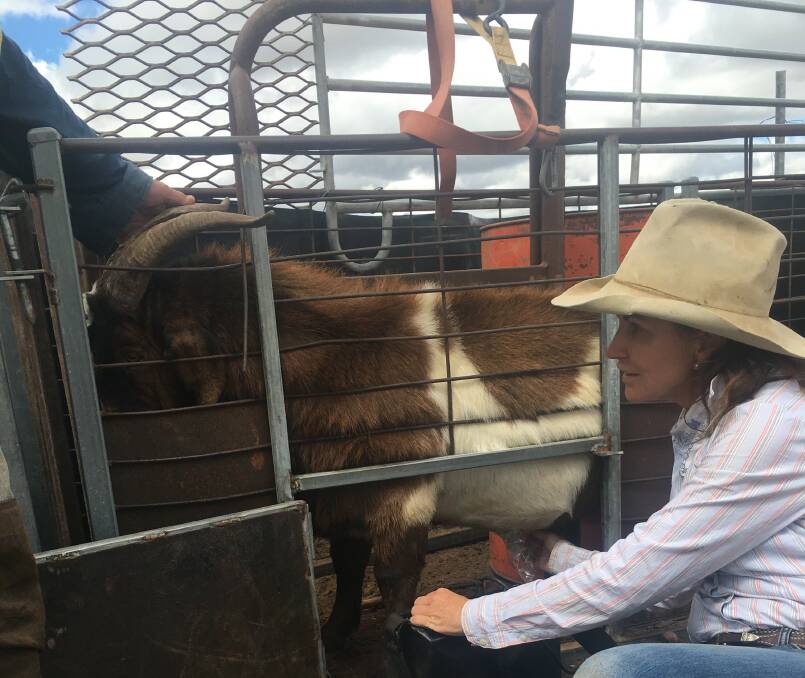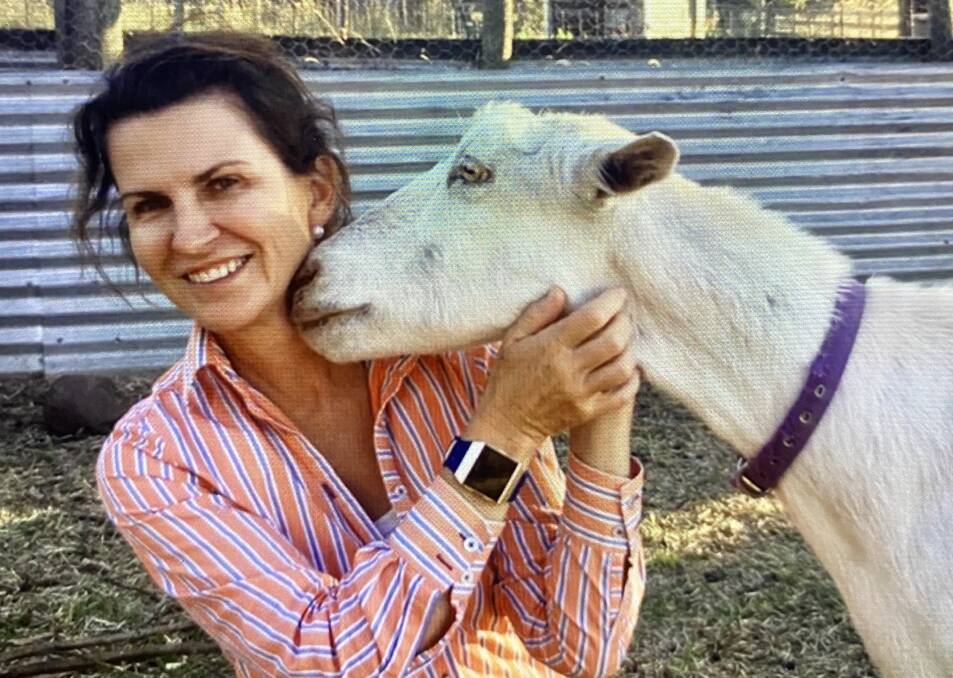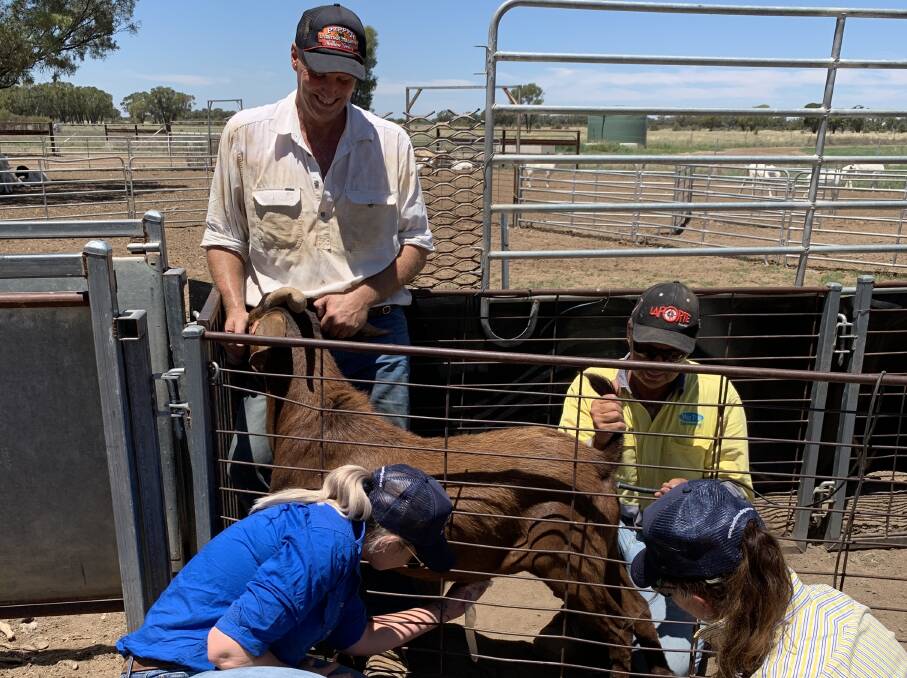Beef Breeding Services to aid goat industry

This is branded content for Beef Breeding Services.
BEEF Breeding Services has been in the business of providing genetic solutions for cattle for more than 50 years.
It has been a natural progression to utilise the skills and the facilities that BBS already has and extend them to other species.
BBS has already set up an equine reproductive centre at its collection and laboratory centre at Etna Creek, just to the north of Rockhampton.
It also offers canine semen collection and freezing through its Pupsicles business, which is currently operating out of the Rockhampton depot and will soon be extended to the Brisbane depot, on the southside of the capital.
Jane Armstrong, BBS's accredited morphologist based at Etna Creek, was pivotal in driving BBS to extend its reproductive services to include goat and sheep as well as cattle, et al.
Ms Armstrong was raised in the Blackall district, growing up on a sheep property and has always been passionate about the livestock industry.

"My interest developed when I was the veterinary service manager for Coopers Animal Health, which has a strong focus on small ruminant health and production," Beef Breeding Services chief operation officer Di Sorley said.
"Australian goat production is a growing and developing industry.
"There is a growing intensive production of dairy and meat goats on the east coast and southern states."
There is also a shift from the harvesting of rangeland goats to managed or semi-managed enterprises, she said.
It is interesting to note that even though there has been a decline in goatmeat production over the past few years because of seasonally induced short supply of rangeland goats, carcase weights have lifted.
This improvement in carcase weights is very much in part due to the introduction of the use of meat bucks, such as the South African Boer, over rangeland does, according to Dr Sorley
Breeders are chasing genetics and quality to increase their carcase weight and yields.
Within extensive areas of Queensland a large component of the breeding herds are rangeland goats.
These producers are chasing the genetics of the better carcase Boer and Kalahari goats, they are spending a lot of money on these bucks.
Producers need to know that these bucks are fertile and are going to do the job that they are meant to, Dr Sorley added.
Though goats are perceived to be highly fertile, the motility and morphology testing we have conducted in extensive areas has shown that buck semen testing results are fairly similar to what we see when testing bulls.
It is believed to be sitting around the 10pc failure rate for morphology, Dr Sorley said.

While that percentage might be considered acceptable in a rangeland situation where there is abundance of bucks, producers who might be investing a significant amount of money on meat bucks need to be assured the bucks they've acquired are doing the job.
Like the way it tests bulls, BBS is aiming to collect semen in the least stressful way possible and is continuously trying to improve methods to electroejaculate bucks and rams.
BBS is working with Angus MacDonald, Moorfield, Blackall, to improve this.
"He has been very proactive in setting up a crush-like system, similar to semen testing bulls," Dr Sorley said.
"Using a modified calf cradle and a semen gate has allowed us to do larger numbers in a day in extensive situations.
"We can then palpate the testicles and evaluate the semen motility crush side and a morphology sample is taken back to the laboratory to be evaluated.
"Semen for processing is ideally collected with an artificial vagina if there is a doe in heat available to collect on.
"Jane is currently working with some intensive goat producers with this method so that the quality of the semen for freezing is better.
"Jane and I have been fortunate to spend time with Brian Sharrock, principal of Hamilton Sheep and Goat Genetics in Victoria.
"Brian is a world-renowned sheep and goat reproductive specialist.
"Later next month Jane and Brian will be conducting a run from Brisbane up to Townsville collecting and processing semen.
"A later run in the year will include transcervical AI and ET work with does."
In the near future BBS will conduct on-centre fixed time AI programs for does at the Rockhampton collection facility and semen processing laboratory. Brisbane will also be offering this service later in the year.
Just as importantly, BBS will be undertaking regular western runs to meet the needs of its various clients, Dr Sorley said.
- For any additional information on BBS and its services visit https://beefbreeding.com.au


